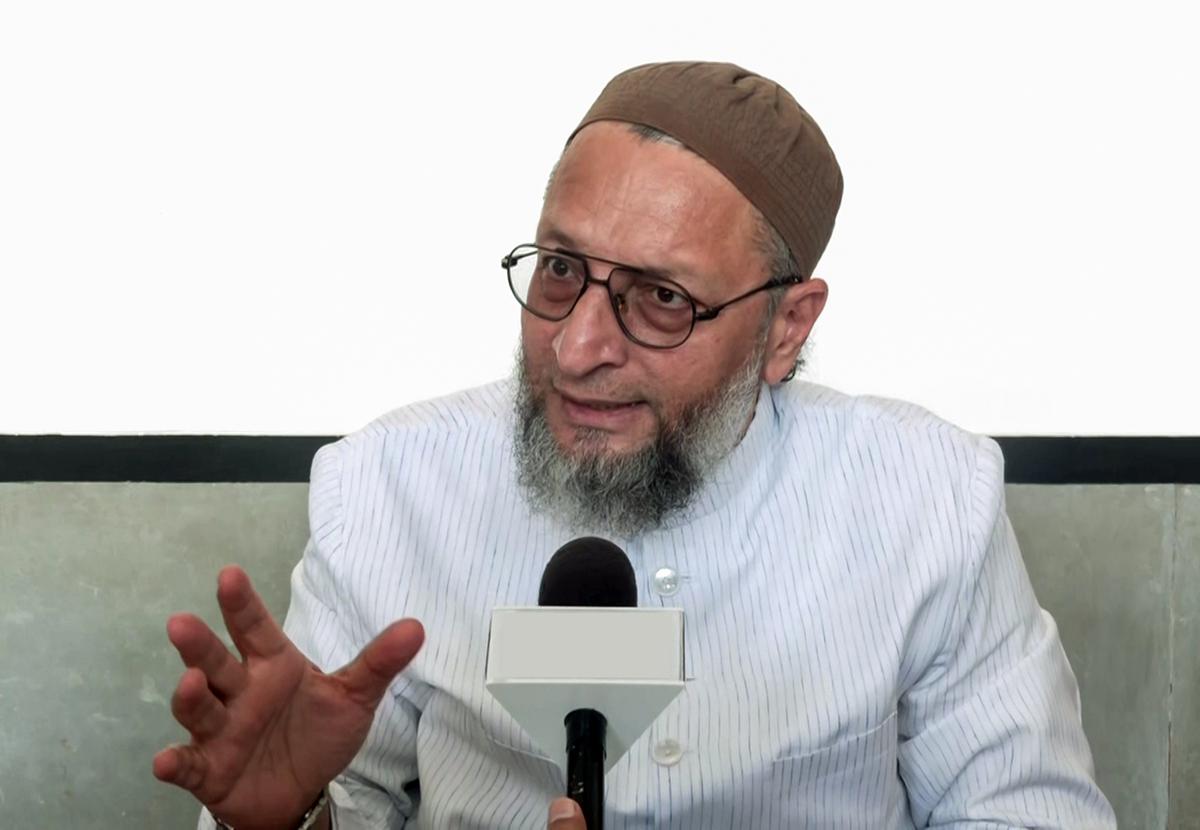Prashant Bhushan Contempt Case: Over 100 Former Judges, Bureaucrats and Veterans Release Statement Against Critics of Verdict
Wed 19 Aug 2020, 16:57:41
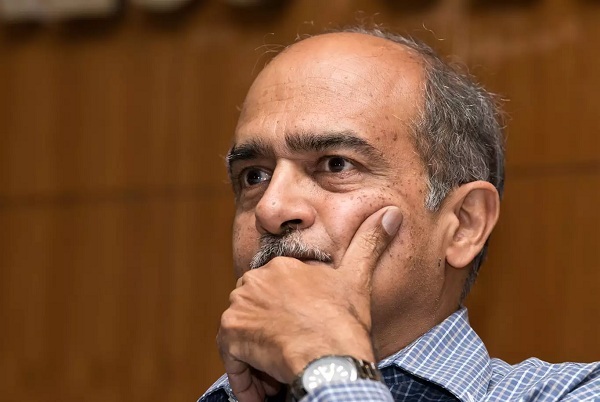
Hitting out at critics of the guilty verdict against lawyer-activist Prashant Bhushan in a contempt case, a group of former judges, bureaucrats and veterans have released a statement expressing concerns over “negatively oriented articles” that allege “muzzling” of dissent.
The signatories to the statement objected to “such statements by a group of persons who wrongly claim themselves to solely represent the civil society and use every opportunity to strike at the roots of Indian democratic institutions such as the Parliament, Election Commission of India, and now, the Supreme Court of India”.
In the statement, the signatories -- 15 judges, 46 bureaucrats, 20 veterans, and 22 thinkers -- said they had submitted a petition to the President of India on July 30 against “stray groups with hidden political agendas”, saying they “cannot be allowed to denigrate the democratic institutions”.
Bhushan was held guilty of contempt of court last week over two tweets against the judiciary. Bhushan had defended his tweets, saying they were against the judges regarding their conduct in their personal capacity and they did not obstruct administration of justice.
While referring to the
tweets by Bhushan, the apex court had earlier said these statements are prima facie capable of "undermining the dignity and authority" of the institution of the Supreme Court in general and the office of Chief Justice of India in particular, in the eyes of the public at large.
tweets by Bhushan, the apex court had earlier said these statements are prima facie capable of "undermining the dignity and authority" of the institution of the Supreme Court in general and the office of Chief Justice of India in particular, in the eyes of the public at large.
In their statement, the signatories have also questioned Bhushan’s record, saying the lawyer has “objectionally criticized the courts without any basis or evidence. This is also not the first occasion when he has made utterances which were inflammatory in nature”.
The statement comes a day after more than 3,000 eminent persons, including 12 former judges, signed a statement extending solidarity and support to Bhushan.
They said Bhushan’s remarks in the tweets expressed concern over the functioning of the Supreme Court.
“The intention of that expression was to urge the apex court to restart physical hearings, particularly of matters of national importance. The intention was also to engage with the concerns articulated by many regarding the reluctance of the judiciary to play its constitutionally mandated role as a check on governmental excesses and violations of fundamental rights by the state,” they said.
No Comments For This Post, Be first to write a Comment.
Most viewed from National
Most viewed from World
AIMIM News
Asaduddin Owaisi questions PM Modi's China policy
Jan 08, 2025
Owaisi slams UP over police post near Sambhal mosque
Dec 31, 2024
Owaisi hails SC order on Places of Worship Act
Dec 13, 2024
AAP Corporator Tahir Hussain joins AIMIM party
Dec 11, 2024
Latest Urdu News
Most Viewed
May 26, 2020
Which political party will win the Delhi Assembly polls to be held on Feb 5?
Latest Videos View All
Like Us
Home
About Us
Advertise With Us
All Polls
Epaper Archives
Privacy Policy
Contact Us
Download Etemaad App
© 2025 Etemaad Daily News, All Rights Reserved.

.jpg)
.jpg)
.jpg)
.jpg)
.jpg)
.jpg)

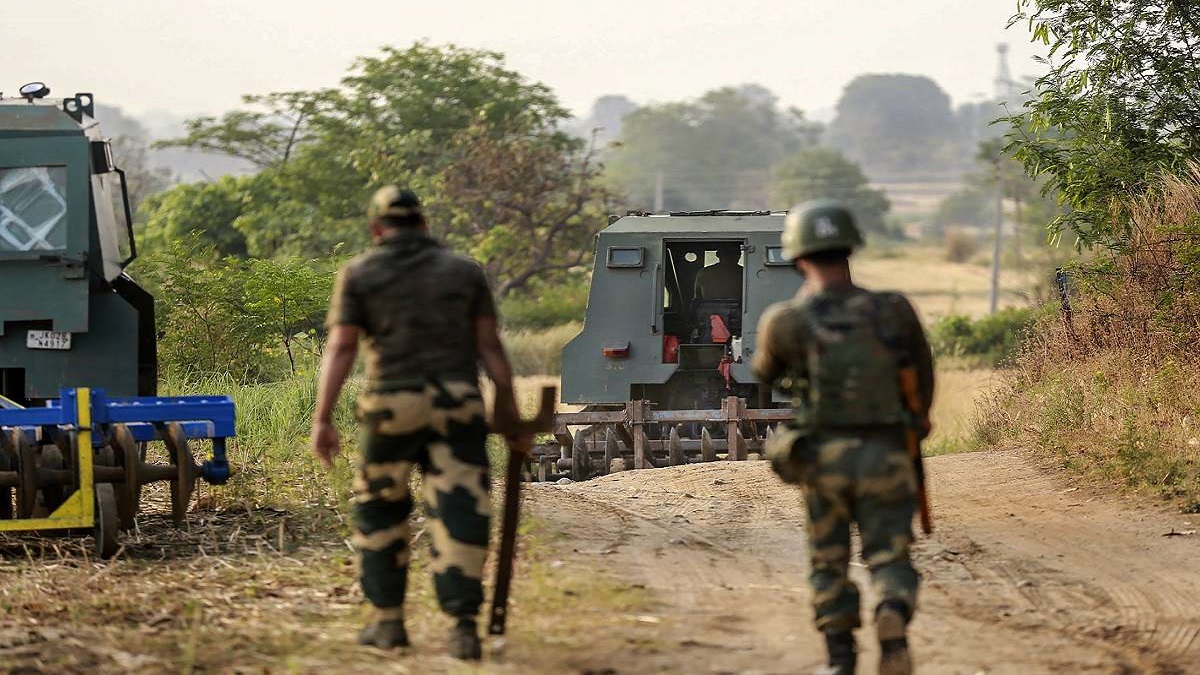
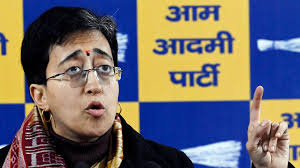
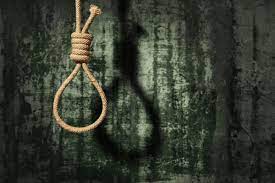

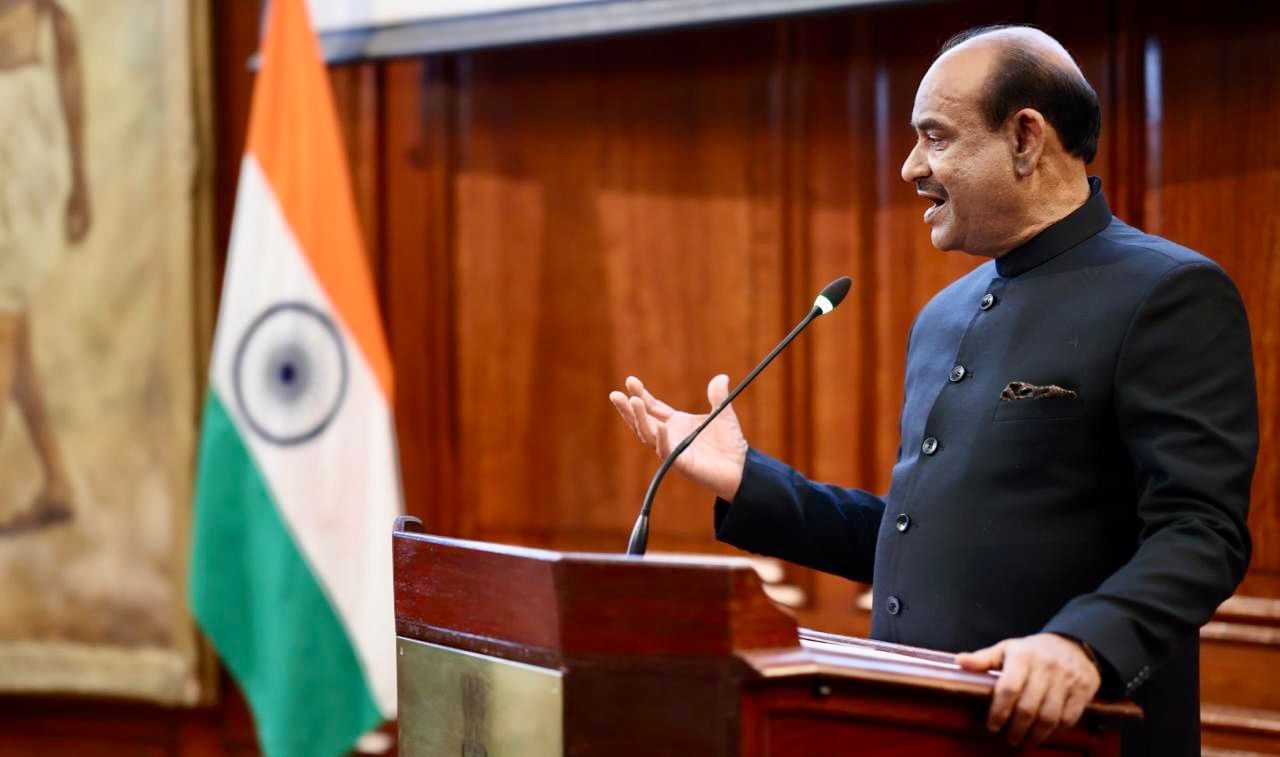
.jpg)
.jpg)
.jpg)
.jpg)
.jpg)
.jpg)
.jpg)
.jpg)
.jpg)
.jpg)
.jpg)





